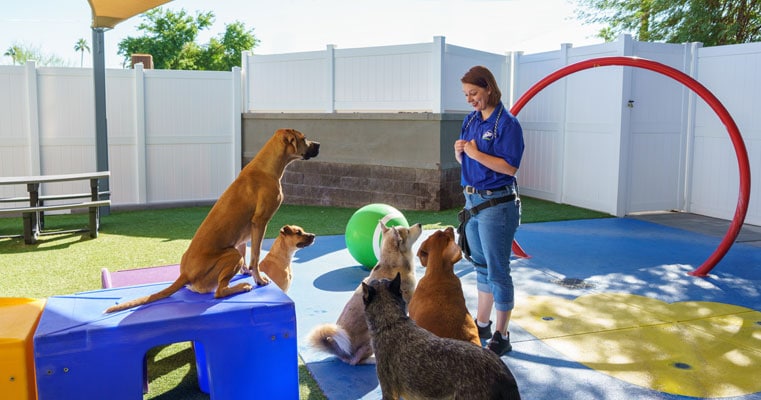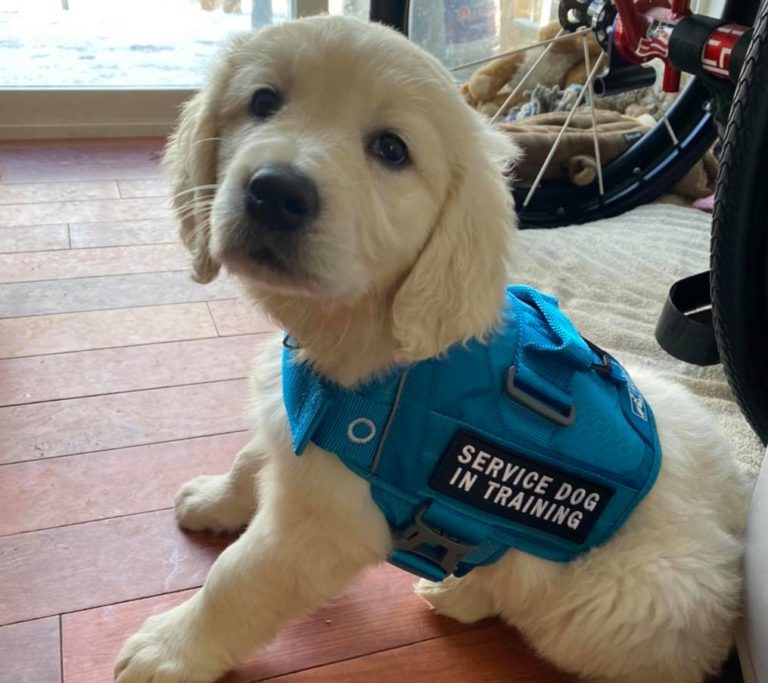Unlock Your Pet dog's Potential: Proven Canine Training Strategies for Success
Reliable pet dog training is a nuanced procedure that pivots on recognizing canine habits and using clinically backed methods. By incorporating favorable support, developing clear commands, and prioritizing socialization, pet dog owners can cultivate an effective partnership with their pets.
Understanding Pet Dog Behavior
Comprehending dog habits is essential for efficient training and cultivating a positive connection in between pets and their proprietors. A detailed understanding of canine body language, articulations, and social communications is critical for identifying their demands and emotions. Dogs communicate mainly with non-verbal signs; for instance, a wagging tail may indicate excitement, while pinned ears can signal fear or entry.

Moreover, environmental variables play a substantial function fit a dog's behavior. Changes in routine, brand-new environments, or the existence of unfamiliar individuals can bring about tension or stress and anxiety in canines. Acknowledging these triggers allows proprietors to minimize negative responses and create proper training methods.
Eventually, a deep understanding of dog behavior lays the structure for successful training techniques, improving both behavior and the overall bond in between the dog and its proprietor. dog training charlotte nc. This knowledge is essential for cultivating a well-adjusted, happy canine companion
Positive Reinforcement Strategies
Effective training relies heavily on positive reinforcement strategies, which have actually been revealed to generate substantial cause forming wanted habits in pets. This method involves compensating a pet dog for exhibiting particular habits, consequently raising the likelihood that these actions will be repeated. Benefits can take different types, including deals with, praise, playthings, or play, depending upon what inspires the specific canine.

It is necessary to slowly phase out rewards as the pet finds out the habits, transitioning to recurring support. This strategy keeps the actions over time while preventing dependency on constant incentives. By concentrating on favorable reinforcement, instructors can grow a trusting relationship with their pets, advertising a cooperative and healthy training environment that boosts general obedience and efficiency.
Establishing Consistent Commands
An essential aspect of successful dog training is the facility of consistent commands. Uniformity in commands is crucial for effective interaction between the instructor and the canine. When commands are consistent, canines learn to link specific words with desired actions, which speeds up the training procedure and boosts understanding.
To develop regular commands, it is vital that all household participants utilize the very same terminology and gestures. As an example, if one individual utilizes "rest" while one more claims "rest down," it can create complication for the canine. Select clear, distinctive words for commands and ensure everyone associated with the canine's training abides by these choices.
Reinforce commands with frequent technique, ensuring that the dog gets ample possibilities to react appropriately. When a dog successfully adheres to a command, instant favorable reinforcement should adhere to.
Finally, hold your horses. Establishing consistent commands takes some time and effort. With devotion and clarity, you will aid your canine establish a strong understanding of expectations, inevitably resulting in a well-behaved companion.
Socializing and Direct Exposure
Mingling a dog is important for fostering a positive and well-adjusted buddy. This procedure entails exposing your pet dog to a variety of environments, people, and various other animals to establish their social skills and versatility. Early socializing, preferably in between the ages of three to fourteen weeks, is vital, as it prepares for a canine's future actions.
Throughout socialization, goal to provide favorable experiences in various setups, such as parks, hectic streets, and homes with various other family pets. Present your pet dog to different stimuli, including noises, sights, and smells, guaranteeing that each encounter is fulfilling. dog anxiety training near me This exposure assists alleviate worry and anxiousness, leading the way for an extra resilient canine.
Engaging in controlled team play sessions with various other pets can also improve social skills, educating your family pet suitable interactions and boundaries. Constantly check your pet dog's convenience level during these experiences, slowly enhancing direct exposure as their self-confidence grows. Keep in mind, the goal is to create a well-rounded pet that flourishes in varied situations, advertising a harmonious relationship with both humans and other pets. Prioritizing socialization will significantly add to your pet's total happiness and behavior throughout their life.
Conquering Common Educating Obstacles

Another frequent issue is disturbance. Dogs may battle to focus in unfamiliar or hectic setups. Progressively desensitize your canine to disturbances by beginning training in a peaceful environment and gradually introducing even more stimuli as they become competent (dog training charlotte). Positive support techniques, such as treats and praise, can maintain motivation and emphasis.
In addition, behavioral issues like leaping or extreme barking can come to jas leverette dogs be discouraging. Address these by educating alternative habits, such as resting calmly when greeting guests. Consistency and patience are critical; strengthen desired actions constantly and stay clear of abuse, which can lead to confusion.
Last but not least, acknowledge that each dog is one-of-a-kind, and training timelines may differ. Tailor your technique to your pet's individual requirements, and look for professional guidance if required. With willpower and the appropriate methods, overcoming these obstacles can bring about a well-trained, satisfied canine companion.
Final Thought
To conclude, opening a canine's potential requires a thorough strategy that incorporates an understanding of canine actions, the application of favorable support techniques, and the facility of regular commands. Early socialization and exposure to diverse environments better enhance a pet dog's adaptability and self-confidence. By dealing with common training obstacles with customized methods and patience, a harmonious and participating partnership in between pet and trainer can be fostered, eventually leading to a mannerly friend capable of thriving in numerous situations.
Reliable pet dog training is a nuanced procedure that hinges on understanding canine actions and employing clinically backed methods.Recognizing dog habits is essential for efficient training and promoting a favorable connection in between pets and their owners.Reliable training counts heavily on favorable support methods, which have been revealed to produce substantial outcomes in forming preferred actions in pets. When commands are consistent, dogs learn to link particular words with preferred actions, which speeds up the training procedure and enhances understanding.
In final thought, unlocking a dog's possible necessitates a detailed strategy that incorporates an understanding of canine behavior, the application of positive stop dog from jumping up reinforcement strategies, and the establishment of regular commands.